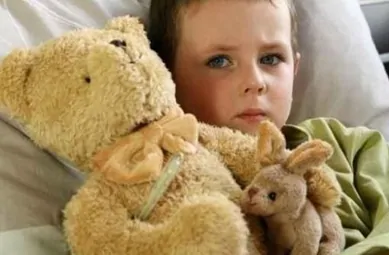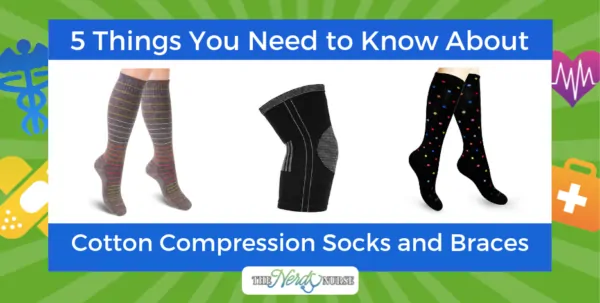Guest Blogger: Jenna

But the word “care” is a bit complicated. In a medical sense, it means to tend to needed procedures, carry out instructions from physicians, and do the clinical things that are required for an ill or injured person.
On top of all that scientific caring, there’s sociological caring as well. That means providing an equal level of commitment to the emotional situation, making sure that the patient and family members are coping with the complexities of their particular cases.
Many times, this isn’t all that demanding. A patient with a simple forehead laceration gets some adhesive sutures and a tetanus shot, then a quick trip out the door. Even the most tender-hearted nurse won’t wake at 3am (or 3pm) worried about that patient’s day. This is a minor injury and most nurses are well aware that most patient’s will recover without further complications.
It’s the tough ones that require more of the abstract care. It’s those fighting for their lives against cancer or other debilitating diseases. It’s children in scary situations, accompanied by worried parents who aren’t sure where to turn.
When it’s both of those, a child with cancer, it leads to increased stress levels would could be a recipe for hypertension. For you.
Here sit Mom and Dad, frightened beyond measure about what will happen to a child who, just days ago, was playing care free and having fun. Suddenly there’s a chronic headache or a lump on the wrist, and the child’s life is flashing before the parents’ eyes. And nurses are on the front lines doing their very best to deliver care and compassion to the patient and their family. Nurses are at the bedside at a time of worry and frustration trying their best to help.
Nurses and other medical professionals can take care of the medical side. There’s a scan at 7:30, and getting meds is just routine. Nurses can help make sense of all the procedures and ensure technical stuff gets done.
However, some nurses go beyond these technical tasks and deliver a level of care that takes the body, mind, and soul into consideration. It’s the stuff beyond the medicine that separates the caring nurses from the ones who are chugging through that checklist.
A good compassionate nurse can not only apply Band-Aids but also apply hope, passion, and wisdom to struggling patients and families. Worried parents contain more energy than a tropical storm. They need to direct that energy, and when it can’t be directed into kissing boo-boos or fixing a glass of Sprite for the tummy ache, the tropical storm can spin out of control.
If you’re like many caring nurses you want to be able to provide patients and families with resources that will help them outside of the hospital walls. You might want to help those parents to use some of their frustration and energy for something constructive–acts of kindness at the Children’s Cancer Recovery Foundation, fundraising for a cause, connecting with other parents who have trod the same path. They’ll find comfort and camaraderie that you can’t provide.
Encourage them to educate themselves. A mom or dad who rarely cracks a book will become a voracious reader when a child is sick. You can help by directing them away from quackery and toward valid sources for new treatment options. They will burn up the laptop learning what is ahead, so you must make sure they’re logging on to the right sites.
Cancer is a hurry-up-and-wait proposition. It’s impossible to fill all the hours or answer all the concerns that parents have. But when you have developed an ear and a heart for caring, you’ll find ways to help families get the upper hand on their child’s ailments as well as their own fears.



